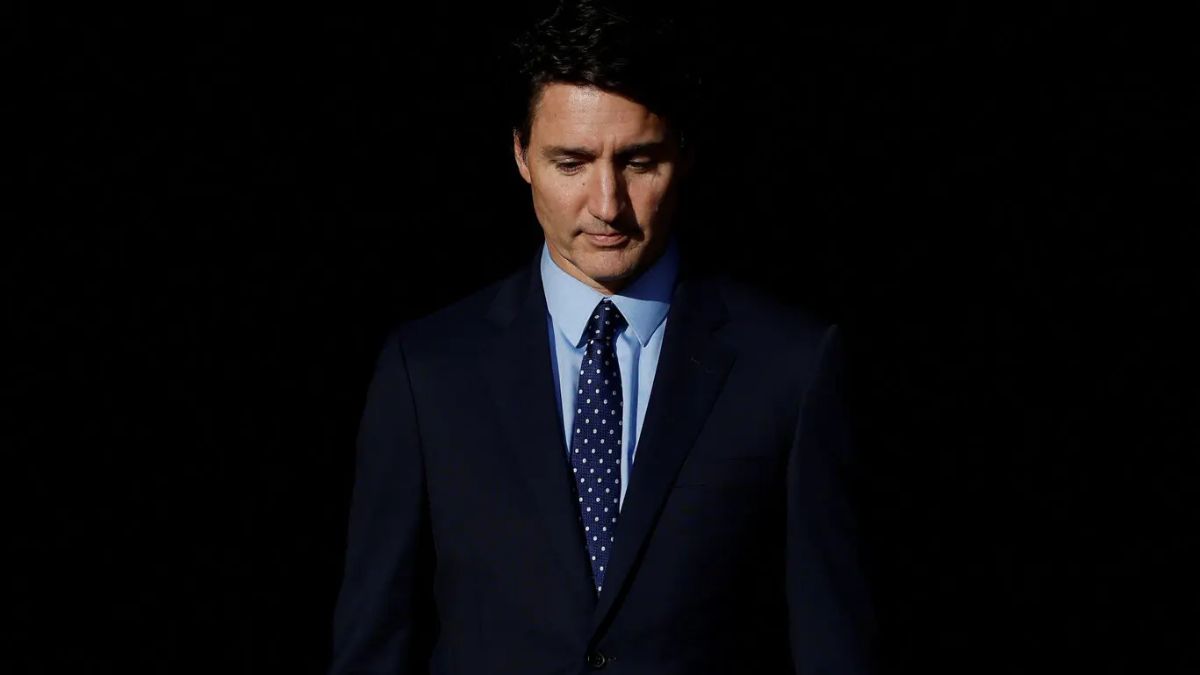It is rare that when bilateral relations with another country are bad, there are lessons to be learned. The state of India-Canada ties in recent years and recent disclosures by Canada’s national security adviser, Nathelie Drouin, about having leaked non-classified information to the Washington Post to gain the attention of the Five Eyes nations, is a good example.
There are several issues befuddling bilateral ties currently, the primary one being Canada’s overt and covert support of pro-Khalistani elements, who are targeting India and its interests. However, the manner in which Canada has chosen to approach the issue, even at the cost of bilateral relations, makes it obvious that Prime Minister Trudeau is willing to go the extra mile to maintain his government’s linkages with the pro-Khalistani elements even at the cost of ties with India.
Ironically, remarks made by the Canadian NSA have reinforced the value of strategic communications. The background to this can be traced to remarks made by Drouin before a parliamentary panel that a high-ranking official in the Narendra Modi government was behind the plot to kill Hardeep Singh Nijjar. She informed the panel that she did not require the approval of Prime Minister Justin Trudeau to ‘leak’ the information to the Washington Post, as it was part of Canada’s strategy to make public their stand on the killing of Nijjar by both covert and overt means.
The passing of so-called non-classified information on actions taken by the Canadian government was done with the intention of showing that Canada was cooperating with India. Canada also claimed that they had evidence that a high-ranking Indian official was linked to the killing of Nijjar. The Washington Post report dated October 13, 2024, claimed that India’s NSA Ajit Doval had held a secret meeting with his Canadian counterpart in Singapore. During the meeting, the Canadian NSA reportedly provided proof that India had used criminal networks, primarily in this case the Lawrence Bishnoi network, to undertake the killing of Nijjar.
Reports indicate that during the meeting, India’s NSA denied the allegations and said that on the contrary it was Canada that was using the criminal networks. It was emphasised that India had for long provided intelligence to Canada on the existence of such networks on Canadian soil.
Impact Shorts
More ShortsSeveral questions arise from the reported leakage of the meeting. If the meeting was secret, why did Canada leak the information? Additionally, if they admit to having done it now, they would have done it earlier too. It was done to damage India’s reputation in the eyes of its Western partners, including the United States. That is the value of strategic communications.
The problem is that no one believes Canada’s Prime Minister Justin Trudeau and his team anymore. For far too long they have peddled lies about India’s interference in Canadian elections. Allegations against India were made at the behest of pro-Khalistani elements and to divert attention from the actual interference by China in the electoral process that Canadian intelligence had pointed out earlier. Sanjay Verma, who was recently withdrawn as India’s High Commissioner to Canada, in a candid interview with a Canadian TV channel, said that not a shred of evidence had been shared with India regarding these allegations.
More recently, the Canadian newspaper Globe and Mail claimed, quoting an anonymous national security official, that “Canadian security agencies believe Prime Minister Narendra Modi of India knew about the killing of a Sikh separatist leader in British Columbia and other violent plots”. The strong rebuttal by India and Prime Minister Trudeau’s own domestic troubles made the Canadian government almost immediately backtrack and disclaim the media report.
Ever since the killing of pro-Khalistan extremist Hardeep Singh Nijjar last year, the Canadians have been saying that they have shared evidence on India’s role in his killing but have only made unsubstantiated claims, without proof. On the other hand, India’s National Investigation Agency has provided tons of evidence of the activities of criminals and others engaged in anti-India activities in Canada, providing adequate legal information about the cases filed against them by Indian authorities to the Royal Mounted Canadian Police.
The Indian narrative has been consistent and clear. The admission by Canada’s NSA of leaking information to the Washington Post indicates that they have the means to influence the media in the West. Clarity of public articulation of India’s case in the West is thus of paramount importance. Planting of stories by Canada in the Western media alleging India’s links to killings or attempted killings has been detrimental to India’s security. The naming of a former Research and Analysis Wing (R&AW) chief for having led the assassination bandwagon is a case in point. The challenge for India, therefore, is not so much to push the counter-narrative in the Indian media but to be able to give our side of the story to the West in their own press. This requires a drastic change of approach by all those concerned with strategic communications.
The writer is a former director of NSCS. Views expressed in the above piece are personal and solely those of the author. They do not necessarily reflect Firstpost’s views.


)

)
)
)
)
)
)
)
)



